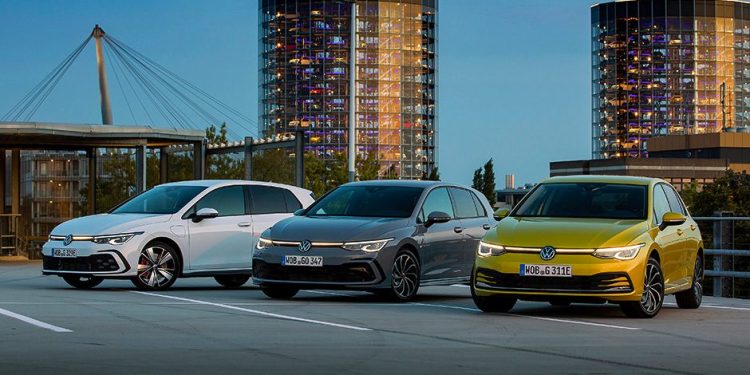Volkswagen calls for ‘feebate’ to make electric cars cheaper in NZ
Following recent announcements from the New Zealand Government regarding the introduction of a new Clean Car Standard by 2025 and ongoing talks of internal combustion engine cars being banned by the end of the decade, Volkswagen New Zealand has detailed some of the challenges distributors face to make these changes a reality.
In a collective statement from European Motor Distributors’ brands (including Volkswagen, Audi, Porsche, Skoda, and Seat) to NZ Autocar, the firm underlined that the government’s plans to lower emissions by switching up local vehicle regulations is “necessary”. But, it’s also acknowledged that the time the government has allotted for the task is “steep” and more incentives are needed to make it work.

“Overall, it is clear that this is a necessary step forward for New Zealand. However, the timeline to reduce emissions is steep and will take a great deal of support from the government to achieve this,” the statement said.
“From an importer standpoint, we need to see strong incentives in the form of a feebate to help create demand for these vehicles. We would also like to see used cars treated the same as new cars.”
As previously reported, the government plans to roll out a new Clean Car Standard, which will see local distributors’ average emissions figures across their vehicle line-ups be lowered to a 105g/km average by 2025 — a claimed 40 per cent reduction on current carbon emissions levels that would put New Zealand in line with the likes of Europe and Japan.
The EMD statement echoes similar comments from other industry pundits, including the Motor Industry Association CEO David Crawford who also welcomed regulations designed to decrease emissions, but urged the government to increase the timeline to make the regulations more achievable for local distributors.

EMD adds that, while it’s well underway when it comes to developing next-gen electrified passenger cars, commercial vehicles remain a “problematic” medium that will only start to see change in around five years; which is when brands are expected to be moving at full pace with low emissions vehicles across their full range.
“Globally our brands have been working towards producing a fleet of both electric and hybrid vehicles,” the EMD statement added.
“While we are excited to adopt these locally, our market faces supply challenges. We expect to see these passenger vehicles available in New Zealand within the next 2-3 years but commercial vehicles are more problematic. Due to the lack of technology, we won’t see changes here for at least another 4-6 years.
“Nevertheless, Volkswagen is committed to a better, cleaner future for us all and look forward to the constructive dialogue that could see these ambitious goals achieved.”

EMD is one of two local distributors to have responded to the Clean Car Standard announcement, with Toyota New Zealand being the other. It too called for the government to introduce greater incentives for EV buyers.
“To transition to a resilient, zero-carbon economy we need a range of initiatives from both manufacturers and government. Toyota is playing its role to deliver increasingly lower emitting vehicles. The introduction of a new Clean Car Import Standard is an encouraging move from the Government,” said Toyota NZ CEO Neeraj Lala.
“To reduce further to 105g per km is certainly a tough ask. But we are prepared to work in partnership with the Government to achieve a transition to a low carbon vehicle fleet.”





